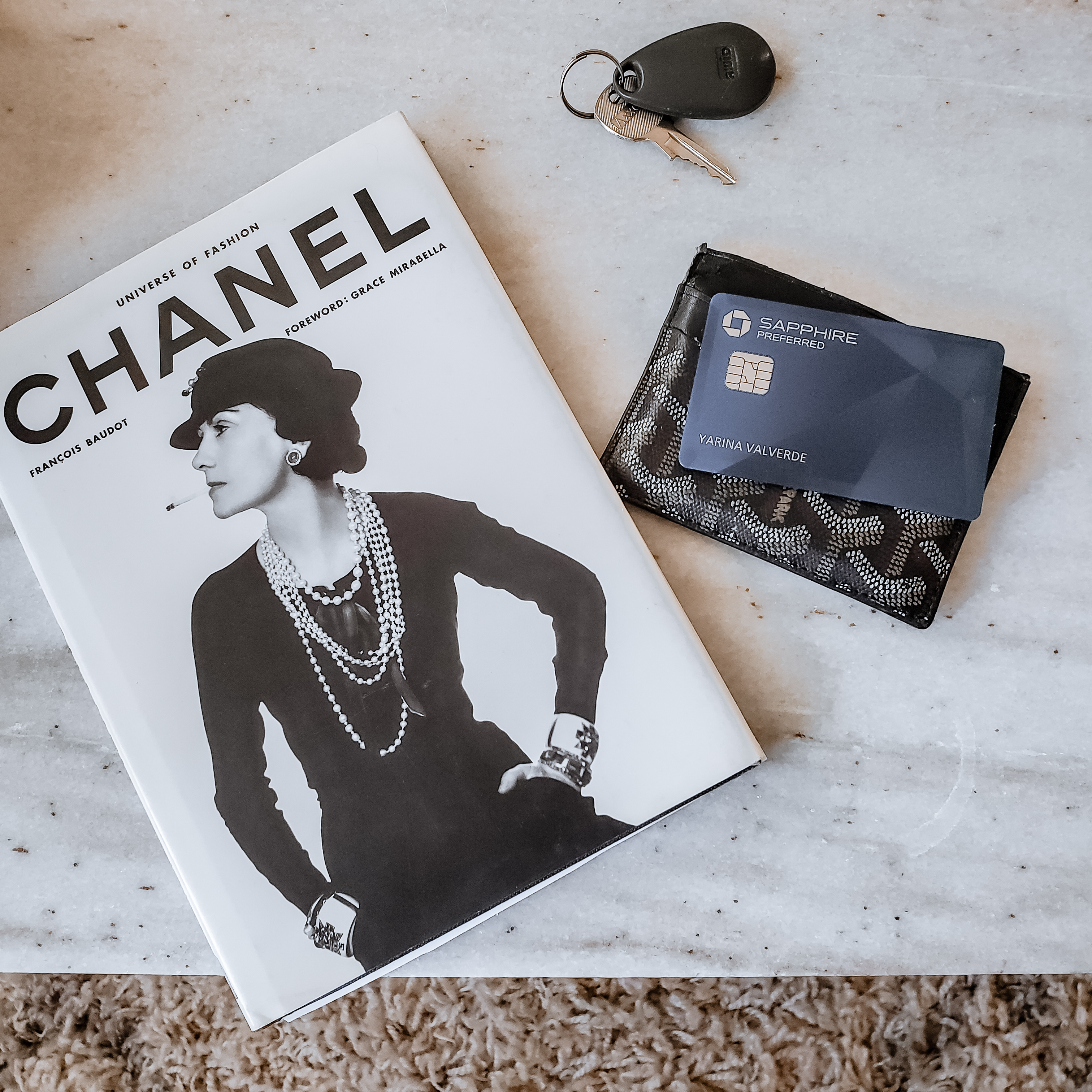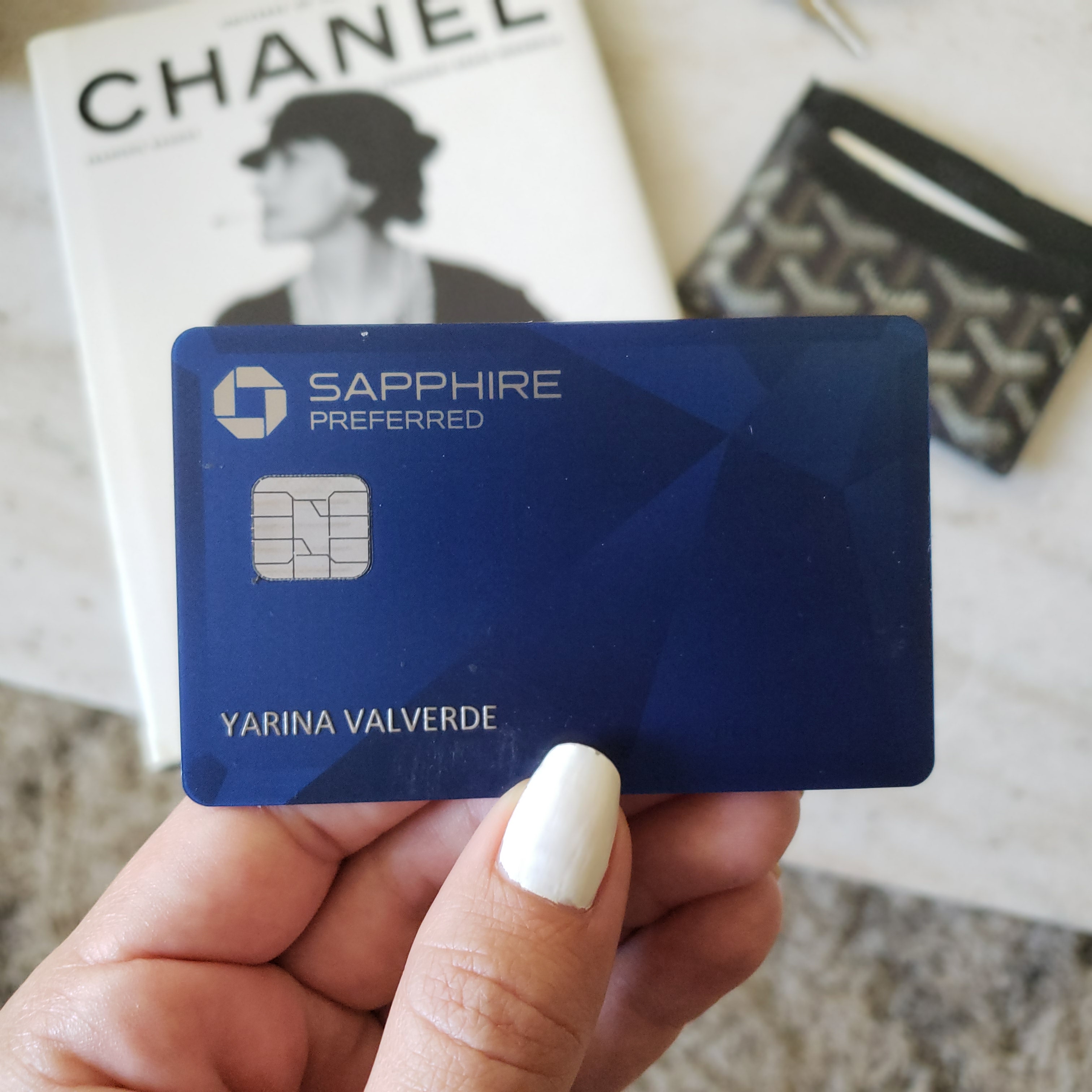I love to travel. It helps us understand the world better, see beautiful places and have unique experiences that will stay with us forever.
Whenever people say something is expensive or cheap, I always ask: “compared to what?” The monetary cost of a thing doesn’t necessarily reflect its true value, and more often than not, I think people pay too much for things I can’t find the value in and don’t spend enough on the experiences and services that truly make your life better. After all, what is money for? I’ve narrowed it down to 2 main functions:
- To do cool things
- To be comfortable
And this is why I’m writing about traveling today. Traveling gives you access to some of the coolest things you can do in the modern world and are not reserved for the super wealthy. The comfort aspect relates to your minimum requirements to enjoy your home, your workplace and your city, but in the context of traveling, it has a name: business class.

Italy trip 2019
Even when every trip is absolutely worth it, costs do add up, especially if you travel on business or first class. Your lodging selection makes a big difference too, of course. There is a time and a place to splurge, so paying more for better seats makes more sense on transatlantic flights and staying at a nice hotel seems more acceptable if you are going to spend a lot of time there, as opposed to exploring the city all day.
Something that people who travel a lot don’t talk about much is their frequent flyer program and how many of those trips happened thanks to a credit card signup bonus. That’s what I want to share with you in this post.

New Zealand trip 2017
In the past 2 years, we’ve been to India, New Zealand, Costa Rica, France, Italy, Spain and Mexico. Some of those were paid in full or partially with frequent flyer miles, which makes it easier to spend on other things you value more like a nice hotel, or to simply save money to travel more often.

Rome trip 2019
We have signed up for multiple credit cards exclusively to take advantage of the miles you get when you sign up. For most of these cards, you can sign up first and then sign up a family member (ideally someone in your family that you travel with) to get even more miles afterward.
Most of these credit cards have an annual fee after the first year, so you could very well cancel them after you get redeem your miles. The problem with that is that it affects your credit score and you don’t want that to happen. Instead, call the company and keep the card, but downgrade it to a different card that doesn’t have an annual fee. We’ve done this a few times and decided to keep only one of those credit cards because of the rate at which you accrue miles, their superb customer service and relatively low annual fee. Also, it’s the heavy, metal weight kind of credit card that makes you feel more gangster when you are paying for your latte.
That card is Chase Sapphire Preferred. With this card, my husband and I both got 60,000 bonus miles for signing up and he received an additional 15,000 when he referred me. Keep in mind that you must use the card and spend at least $4,000 during the first 3 months in order to redeem your bonus miles (but you and I know that spending $4,000 is not hard at all).
I think we used those signup miles for the New Zealand trip, but since having the card, we have accumulated enough miles to take short trips within the U.S. like Phoenix and Denver and to fly to LAX or SFO, our closest major hubs for International flights.
I am currently considering a different Chase card that gives you even more benefits but has a higher annual fee. Other ways to get more miles once you have the card is to sign up for a bank account with Chase, which I haven’t done but it might be about to happen since I decided I want to go to the Maldives and the flights are pretty expensive. Credit card reward programs: another reason to love this country!



